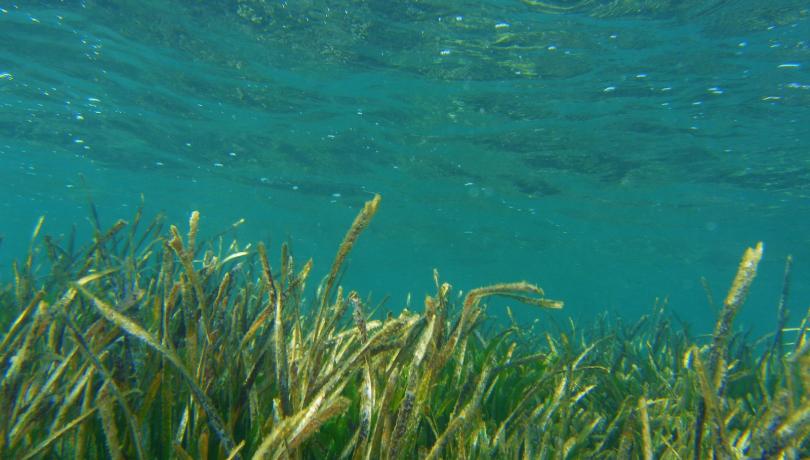A new study by the IEO, the SOCIB and the ICM shows that the temperature of the Western Mediterranean has been increasing at an accelerated rate since the mid-1990s.

To understand the impact that climate change is having on the waters surrounding the Balearic Islands, researchers from the Spanish Institute of Oceanography (IEO), in collaboration with experts from the Balearic Islands Coastal Observing and Forecasting System (SOCIB) and the Institut de Ciències del Mar (ICM) in Barcelona have presented a study that analyses temperature and salinity data obtained over the last 24 years.
The study, published in the journal Frontiers in Marine Science, shows that the waters of the Western Mediterranean have warmed and their salinity has increased since the 1990s at all depth levels. In other words, these changes have affected both the surface waters originating in the Atlantic Ocean and flowing into the Mediterranean, as well as the deep waters and those at intermediate depths.
Previous studies had shown that this process has been affecting Mediterranean waters since the middle of the last century, and possibly since the beginning of the century. The main novelty of this new study is that it shows that the rate at which the temperature and salinity of the Mediterranean is increasing may have accelerated since the mid-1990s.
Specifically, according to the study, sea surface temperature may be rising at a rate of up to 2°C per century, while the water column (i.e. the entire volume of water from the surface to the bottom of the sea) is absorbing heat at a faster rate than previous research revealed.
Sea levels in the Western Mediterranean are also rising - according to the results of the study - at a similar rate to other parts of the world (about 3 mm/year), which also means an acceleration of this rise since the end of the 20th century.
"This study highlights the importance of systems for observing and monitoring our seas for the correct detection of any alterations that may occur in the marine environment, whether due to climate change or any other cause", explains Manuel Vargas, researcher at the IEO's Malaga Oceanographic Centre and first author of the study.